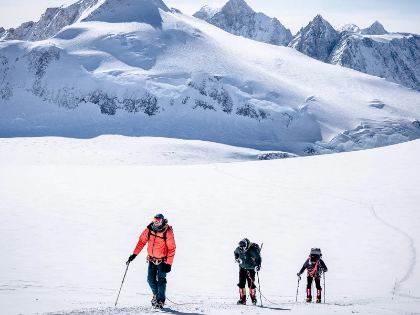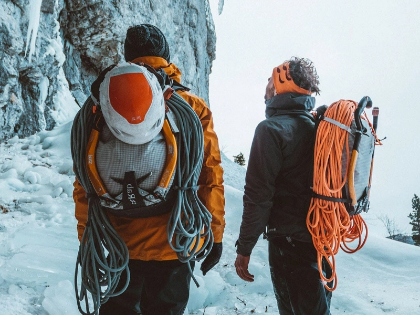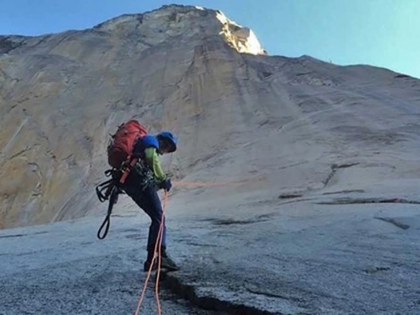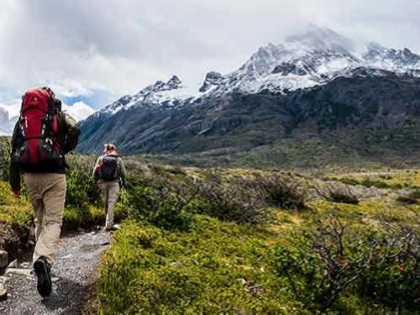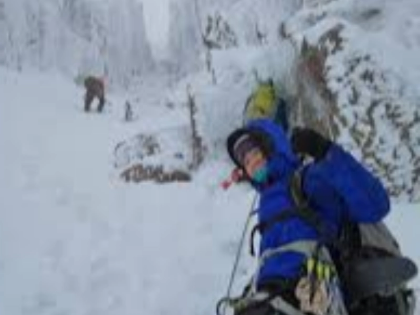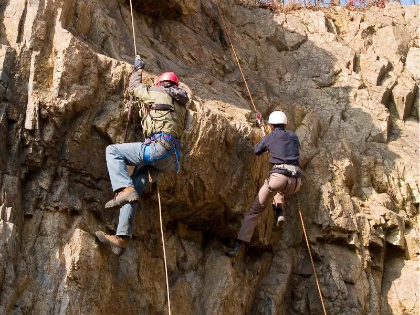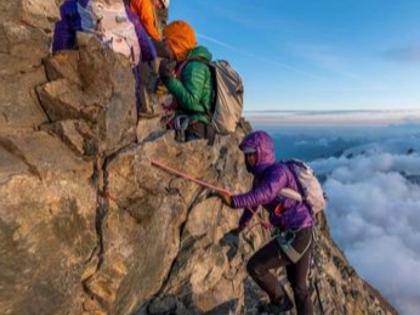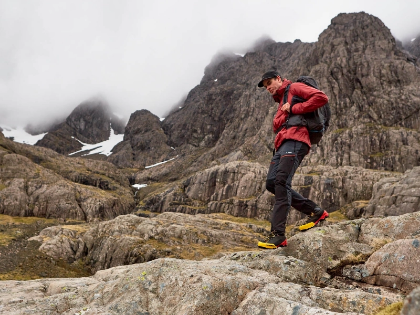Are People Happier in the Mountains?
While it's common knowledge that being outside is healthy, some may not be aware of the unique advantages of hiking in the mountains. Hikes in the mountains, according to Reinhold Fartacek, improve people's moods by encouraging physical activity and diverting their attention from their problems. The scents of the pine forests also have the ability to lower stress levels and encourage slumber. Because of this, mountain life is a fantastic choice for people who prefer to spend time outside and disconnect from technology.
Less Stress
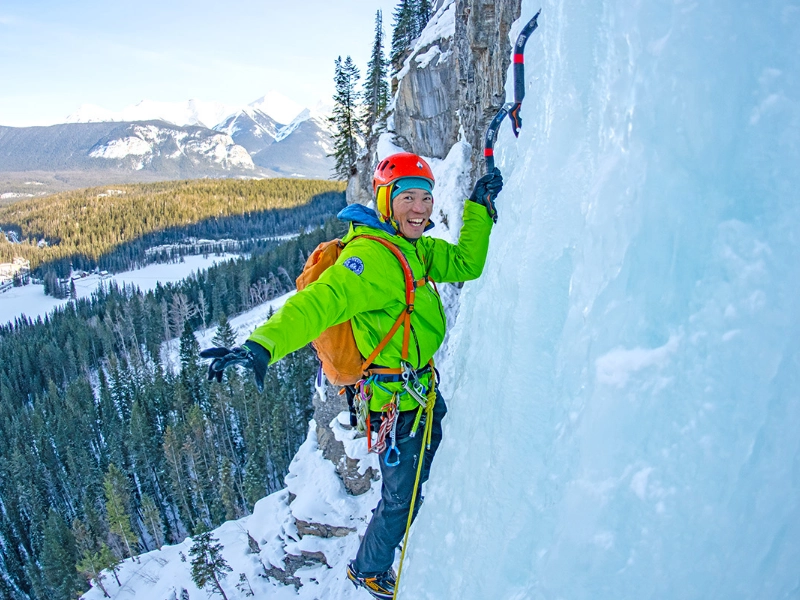
Better Sleep
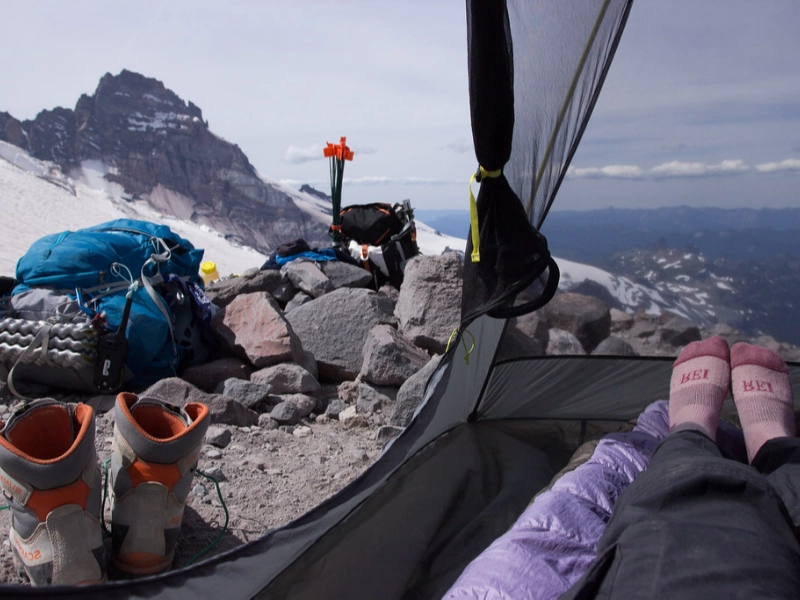 Clean, fresh mountain air is good for your lungs because it's high in oxygen and encourages overall health. It guarantees fewer incidences of acute respiratory symptoms and reduces asthma. It has been demonstrated that the aromas of lavender and pine, which are frequently found on mountaintops, can help people feel less depressed and sleep better.
For those who typically sleep comfortably at sea level, breathing at high elevations can be taxing and can disturb regular sleeping habits. The reason for this is that the body experiences cycles of breathing, stopping breathing, dosing back on oxygen, and then waking up because the lungs are compelled to take in less oxygen.
Some may find the remote setting and slower tempo of life unsettling, yet many individuals discover a calmness in the mountains that they cannot find in crowded cities. It's crucial to turn off devices and take in the wonders of nature, which can reduce stress, among other things.
Clean, fresh mountain air is good for your lungs because it's high in oxygen and encourages overall health. It guarantees fewer incidences of acute respiratory symptoms and reduces asthma. It has been demonstrated that the aromas of lavender and pine, which are frequently found on mountaintops, can help people feel less depressed and sleep better.
For those who typically sleep comfortably at sea level, breathing at high elevations can be taxing and can disturb regular sleeping habits. The reason for this is that the body experiences cycles of breathing, stopping breathing, dosing back on oxygen, and then waking up because the lungs are compelled to take in less oxygen.
Some may find the remote setting and slower tempo of life unsettling, yet many individuals discover a calmness in the mountains that they cannot find in crowded cities. It's crucial to turn off devices and take in the wonders of nature, which can reduce stress, among other things.
Better Mental Focus
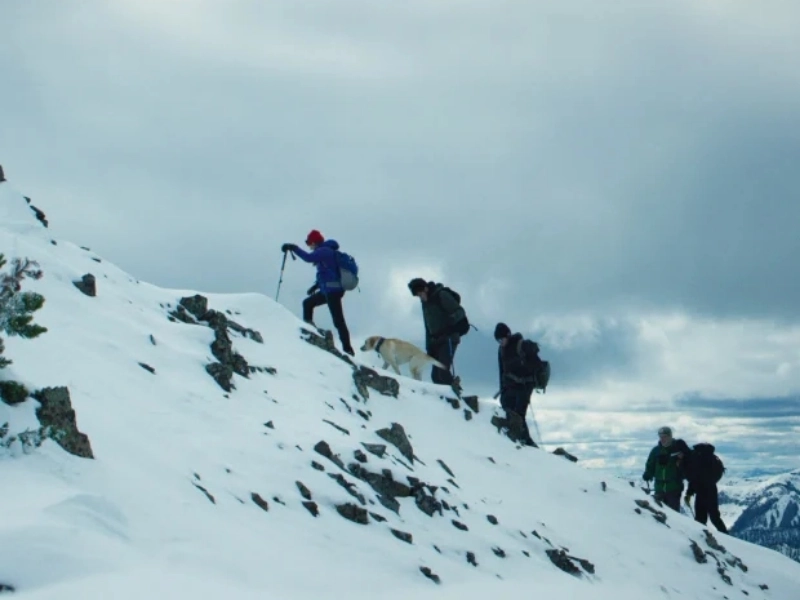 The natural surroundings and clean air of a mountain getaway can help you feel more in tune with yourself. This is due to the fact that higher-altitude, thinner air might enhance cognitive performance since it contains more oxygen than air at lower elevations.
The calming quality also aids in reducing rumination and other types of mental chatter that might occur in our minds. Spending time in nature can lower activity in the part of the brain linked to negative thought patterns and rumination, according to research that tracked participants who attended a mountain retreat.
You can practice mindfulness exercises like meditation and present-moment awareness in the mountains. You can accomplish this alone or with a group of friends. Take in the peaceful surroundings and pay attention to even the smallest details. This can contribute to eudaimonic well-being, which is the state of having more contentment and less stress.
The natural surroundings and clean air of a mountain getaway can help you feel more in tune with yourself. This is due to the fact that higher-altitude, thinner air might enhance cognitive performance since it contains more oxygen than air at lower elevations.
The calming quality also aids in reducing rumination and other types of mental chatter that might occur in our minds. Spending time in nature can lower activity in the part of the brain linked to negative thought patterns and rumination, according to research that tracked participants who attended a mountain retreat.
You can practice mindfulness exercises like meditation and present-moment awareness in the mountains. You can accomplish this alone or with a group of friends. Take in the peaceful surroundings and pay attention to even the smallest details. This can contribute to eudaimonic well-being, which is the state of having more contentment and less stress.
Stronger Relationships
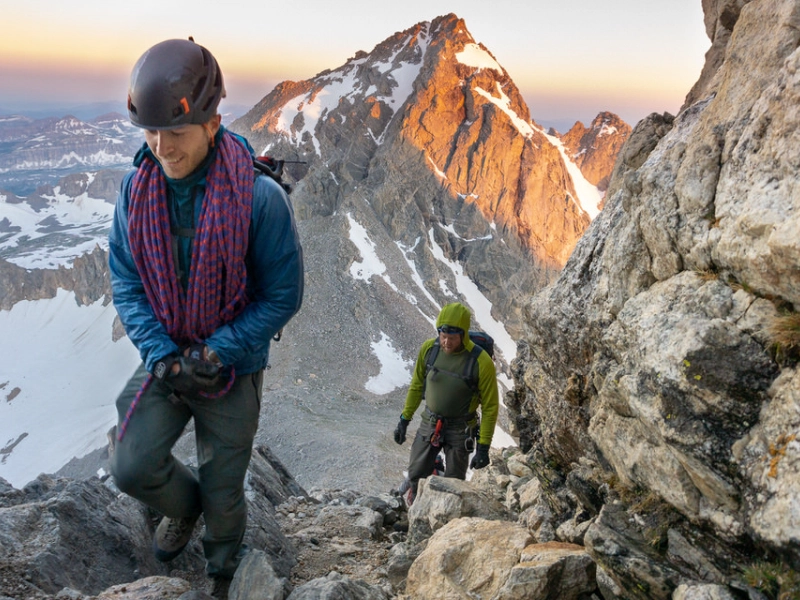 A more balanced lifestyle is generally the reason people choose to live in the mountains. There are numerous health and wellness advantages, even though the isolated setting and leisurely pace may initially turn off some people.
Living in the mountains also tends to make people closer-knit, and these communities help each other out during hard times. In a similar vein, engaging in outdoor pursuits like skiing and hiking presents chances for deeper friendships and family time.
Many studies have revealed that those who love the mountains are typically more introverted than those who prefer flat states, despite the worry held by some that living in the mountains will make them more reclusive. These studies, however, only looked at correlations; they did not examine the possibility that the mountains themselves are to blame or the person-environment fit.
A more balanced lifestyle is generally the reason people choose to live in the mountains. There are numerous health and wellness advantages, even though the isolated setting and leisurely pace may initially turn off some people.
Living in the mountains also tends to make people closer-knit, and these communities help each other out during hard times. In a similar vein, engaging in outdoor pursuits like skiing and hiking presents chances for deeper friendships and family time.
Many studies have revealed that those who love the mountains are typically more introverted than those who prefer flat states, despite the worry held by some that living in the mountains will make them more reclusive. These studies, however, only looked at correlations; they did not examine the possibility that the mountains themselves are to blame or the person-environment fit.
